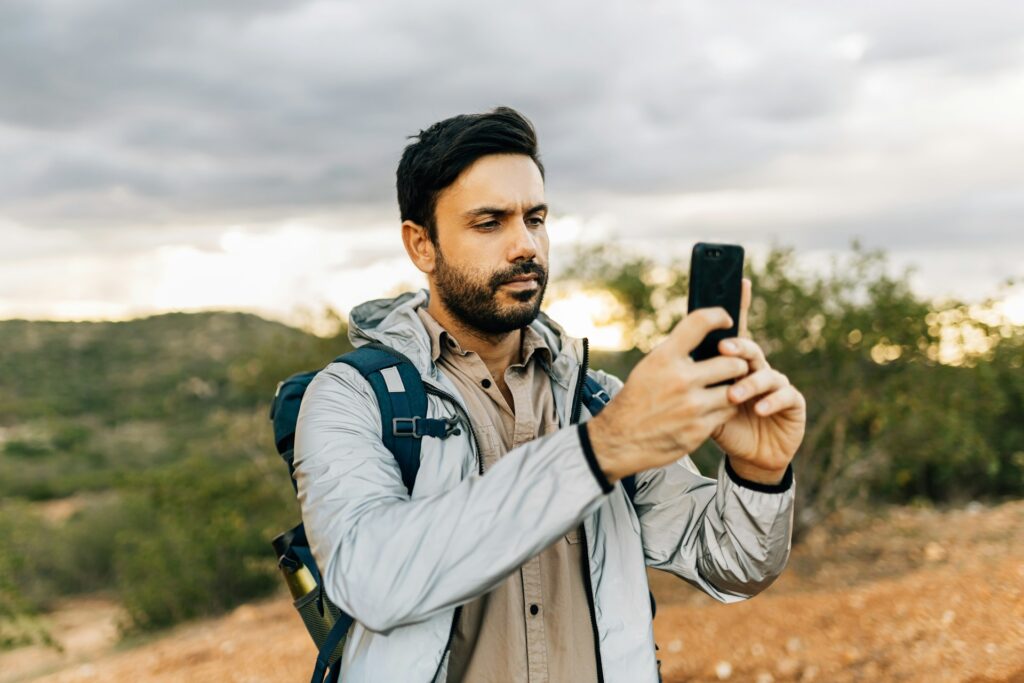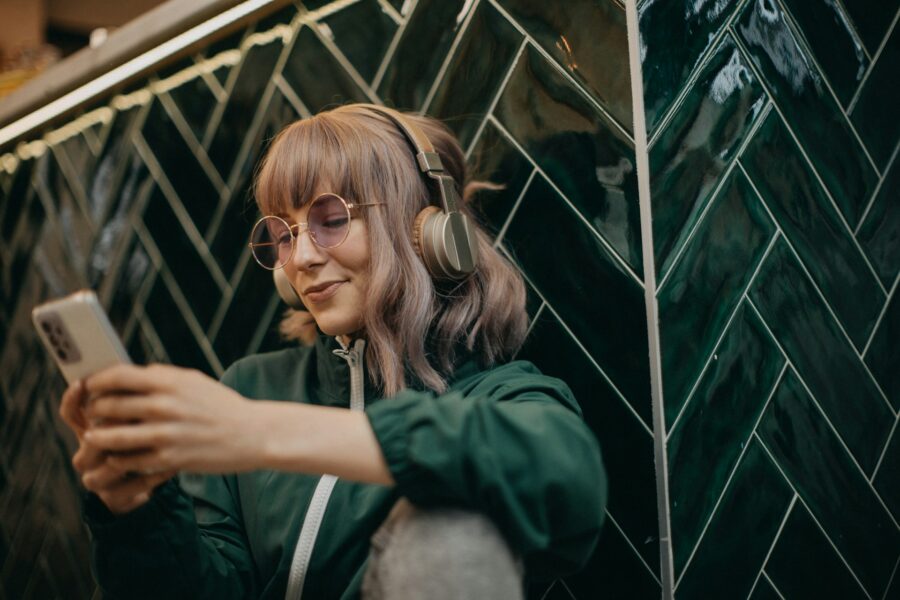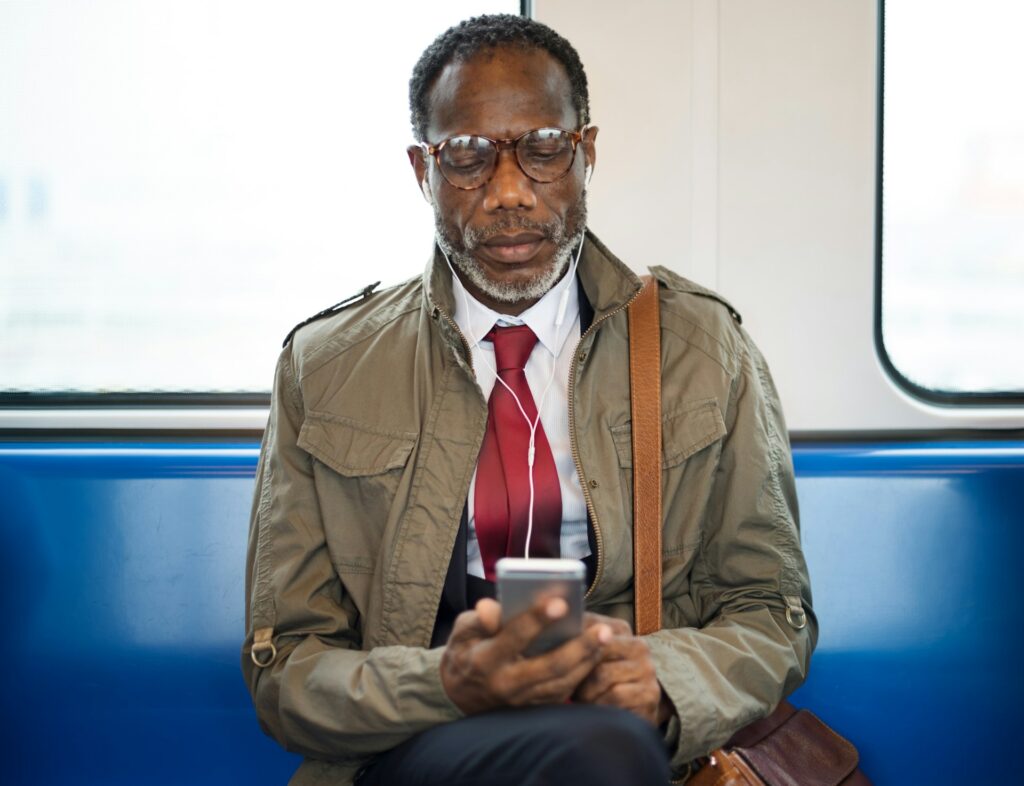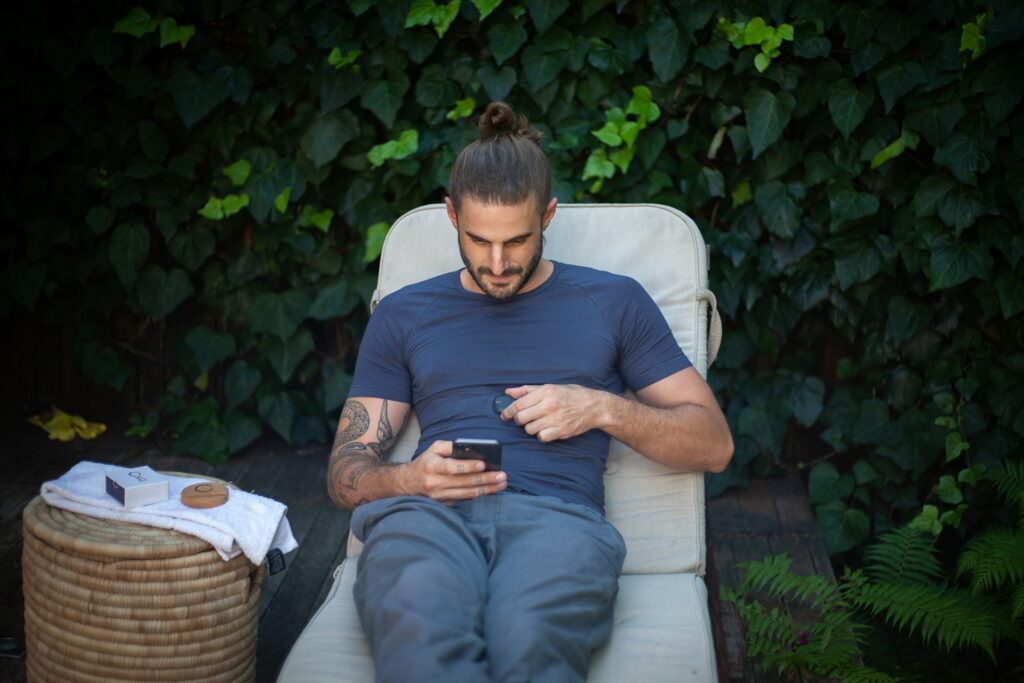It’s easy to roll your eyes at people chasing likes or posting selfies for attention, but beneath the surface, it’s about something deeper.

For many people, online validation isn’t just about vanity—it’s about survival. It’s about being seen, heard, and reassured in a world that can feel cold or dismissive. Social media became more than just a highlight reel. It turned into a lifeline. And whether we admit it or not, most of us have leaned on it at some point more than we’d care to admit. Here’s how it happened.
1. It offers instant reassurance when real life doesn’t.

When you’re feeling invisible, rejected, or just a bit off, posting something and getting quick feedback can feel like a fix. A few hearts or comments remind you that you exist, and that someone noticed you today. It’s not shallow. It’s about soothing a deeper ache. Real life validation can be slow and complicated. Online, it takes seconds. And when you’re feeling emotionally raw, that speed can feel essential.
2. It gives people control over how they’re seen by everyone else.

In daily life, people make assumptions about you all the time. Online, you get to shape the story. You can choose the angle, the lighting, the caption. You decide what version of yourself the world sees. That control can be comforting, especially for people who’ve been misread, overlooked, or boxed in. Curating an image gives them a sense of agency they might not feel offline.
3. It fills the gap when support systems fall short.

Not everyone has friends they can text at 2 a.m., or family who understands what they’re going through. Social media becomes the place where they express themselves and feel heard, even by strangers. Sometimes, an encouraging DM from someone you’ve never met means more than silence from the people closest to you. It’s not ideal, but for many, it’s the best option they’ve got.
4. It creates a feeling of belonging in isolated moments.

Scrolling through posts that reflect your mood, experiences, or identity can make you feel a little less alone. Even if it’s just a meme or comment thread, it offers a tiny pocket of connection when you need it most. That sense of “someone else gets this” might seem minor, but when you’re emotionally disconnected in your real life, it can feel like a lifeline.
5. It becomes a safe place to be vulnerable for some.

Sharing online allows a certain kind of distance. You can say what’s on your heart without dealing with facial reactions, awkward silences, or immediate judgement. That detachment can make honesty feel less risky. Especially for people who struggle to be open in person, posting becomes a way to test the waters emotionally. When it’s met with kindness, it reinforces that vulnerability isn’t always dangerous.
6. It offers dopamine boosts during emotional lows.

The ping of a notification, the rising number of likes—it lights up the brain like a reward. For someone dealing with anxiety, depression, or self-doubt, those small boosts can temporarily break the fog. It’s not a sustainable solution, but in the moment, it offers a tiny hit of validation when everything else feels heavy. That can be enough to help someone get through the day.
7. It creates a sense of progress, even if it’s superficial.

Posting about goals, sharing milestones, or updating followers can create the illusion of forward movement, even if you’re feeling stuck offline. It feels like proof that you’re not totally lost. When life feels stalled, having something to show, even digitally, can ease the pressure. It gives you a reason to keep going, even when real momentum is hard to find.
8. It helps people feel seen when they can’t ask for help directly.

Sometimes people post not for attention, but for acknowledgment. A carefully worded caption or vague story post might be their way of saying, “I’m not okay,” without actually saying it. Validation from other people, even if it’s subtle, can feel like a quiet form of support. It’s not a cry for help; it’s more like a whisper, hoping someone hears it.
9. It fills a silence that feels unbearable.

When no one checks in, when the house is quiet, when your mind starts spinning—social media offers noise. It gives you a place to engage, express, or just exist without having to face the stillness. That constant access becomes a coping mechanism. It’s not about narcissism. It’s about avoiding the weight of solitude when it feels like too much.
10. It allows people to feel valuable through feedback.

Even something simple like a compliment on a post can momentarily change how someone feels about themselves. For those who struggle with self-worth, online praise feels like proof that they matter. It’s not vanity; it’s survival. Sometimes, you just need someone—anyone—to reflect back something good about you, especially when you can’t see it yourself.
11. It becomes part of someone’s emotional routine.

Waking up and checking notifications, posting a thought, replying to comments—it can feel like structure in a day that otherwise feels empty or unmotivated. It creates rhythm where there was none. As time goes on, that routine becomes a stabiliser. And for many, it’s not just habit; it’s part of how they maintain a sense of connection to the world around them.
12. It normalises experiences people once had to hide.

Talking openly about mental health, identity, trauma, or personal challenges used to be taboo. Online spaces have made these conversations more visible, and that validation has helped people stop feeling like outsiders. Seeing other people talk about what you’ve lived through reduces shame. That kind of social permission can be life-changing for someone who’s carried something in silence for years.
13. It reminds people that they’re not too much.

In a world where you’re often told to tone it down or toughen up, posting can be a way to reclaim your voice. When someone validates your story, your photo, or your perspective, it pushes back against years of being dismissed. For many, online validation isn’t about attention—it’s about finally being seen without needing to explain or apologise. In that moment, the internet feels like more than just an app. It feels like a mirror that says, “You’re allowed to take up space here.”


